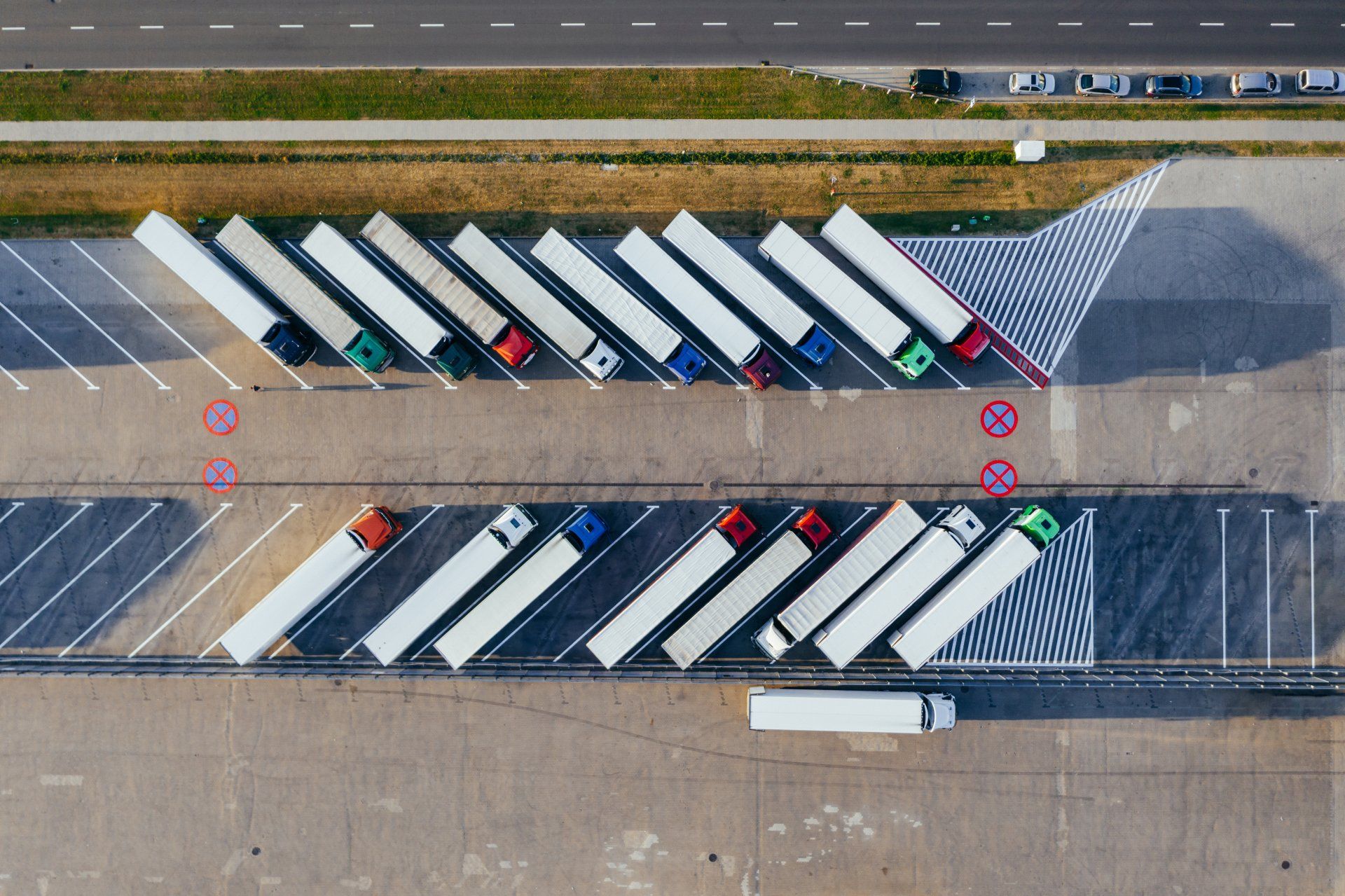How to Start a Trucking Company in Florida and Open a DOT Number
How to Start a Trucking Company in Florida and Open a DOT Number

Starting a trucking company in Florida can be a rewarding venture, but there are key steps to ensure everything is done legally and efficiently. Whether you're looking to operate locally or across state lines, setting up the right foundation will help you avoid roadblocks in the future. In this guide, we’ll walk you through the process of establishing your trucking business and securing a DOT (Department of Transportation) number.
Step 1: Create a Business Plan
Before you can hit the road, you'll need to create a solid business plan. Your plan should outline your services (long haul, short haul, freight type), potential expenses, target market, and pricing strategy. Research the competition and understand the demand in the Florida trucking industry.
Step 2: Register Your Business in Florida
To operate legally, you must register your business with the Florida Department of State. Choose a unique business name and decide whether you’ll operate as an LLC, sole proprietorship, or corporation. It's important to file the appropriate documentation with the state and obtain an Employer Identification Number (EIN) from the IRS.
Step 3: Obtain a USDOT Number
A USDOT number is required for most trucking companies to operate legally in the United States. To get your DOT number:
- Visit the Federal Motor Carrier Safety Administration (FMCSA) website.
- Complete the application online, which will ask for basic business information, the type of cargo you plan to haul, and where you'll operate.
- Submit your application and pay any applicable fees.
For interstate operations or certain weight thresholds, your business must also comply with FMCSA regulations. Ensure your application is accurate, as mistakes can lead to delays or fines.
Step 4: Comply with FMCSA Regulations
Depending on the size of your trucking fleet, the types of goods you're hauling, and whether you're operating across state lines, there are specific FMCSA regulations you must follow. This includes safety protocols, vehicle inspections, and driver qualification requirements.
Step 5: Get Proper Licensing and Permits
In Florida, you’ll need the proper state licenses and permits, such as a Motor Carrier Authority (MC number) and International Fuel Tax Agreement (IFTA) registration. Make sure to check with both state and federal agencies for any additional permits you may need.
Step 6: Secure Insurance for Your Trucking Business
Before you can legally operate, you’ll need to secure commercial insurance. Coverage will typically include general liability, auto liability, cargo insurance, and workers' compensation, depending on the size of your fleet and number of employees.
If you're interested in learning how to get the best insurance rates in Florida, check out this blog: How to Find the Best Insurance Rates in Florida for Trucking.
Step 7: Hire Drivers and Purchase Equipment
After you’ve completed all the paperwork and compliance steps, it’s time to invest in your fleet and hire qualified drivers. Remember, drivers must meet FMCSA requirements, which include holding a valid Commercial Driver’s License (CDL) and passing a background check.
Ready to Get Started?
If you're looking for more information on starting your trucking company in Florida or need a free insurance quote to protect your business, click the link below and get started today!
Share Content.









